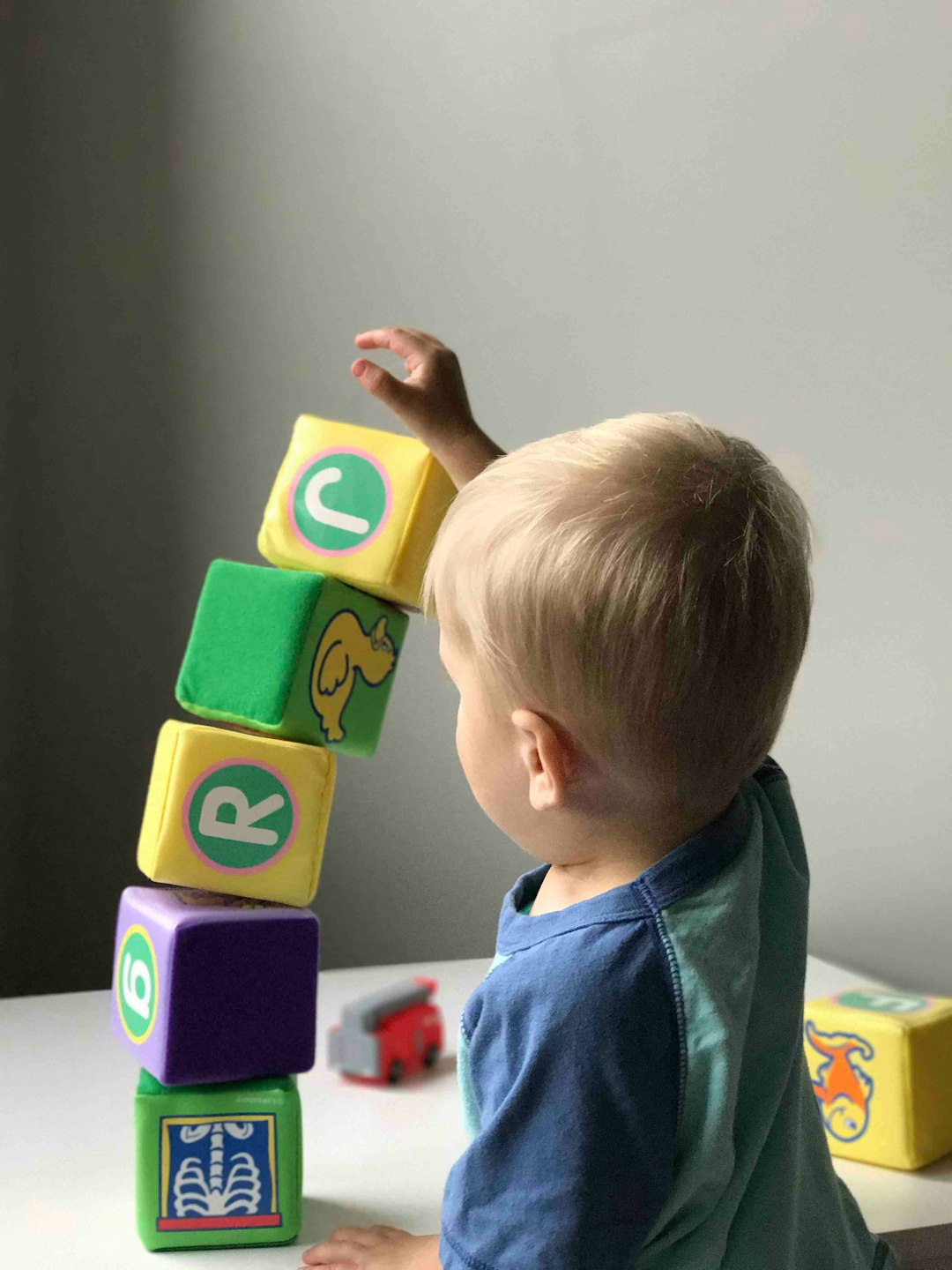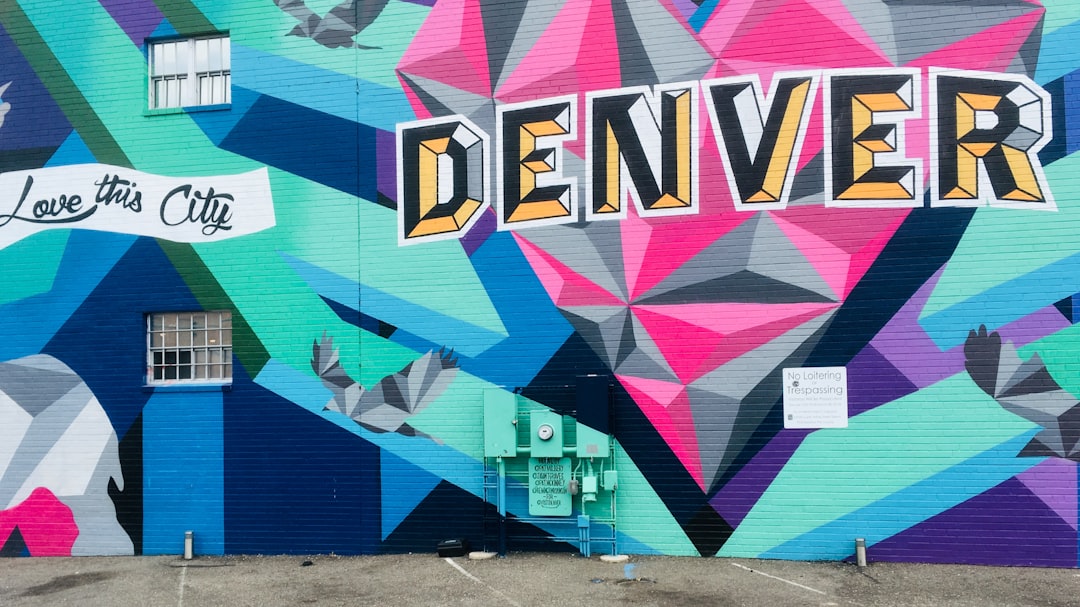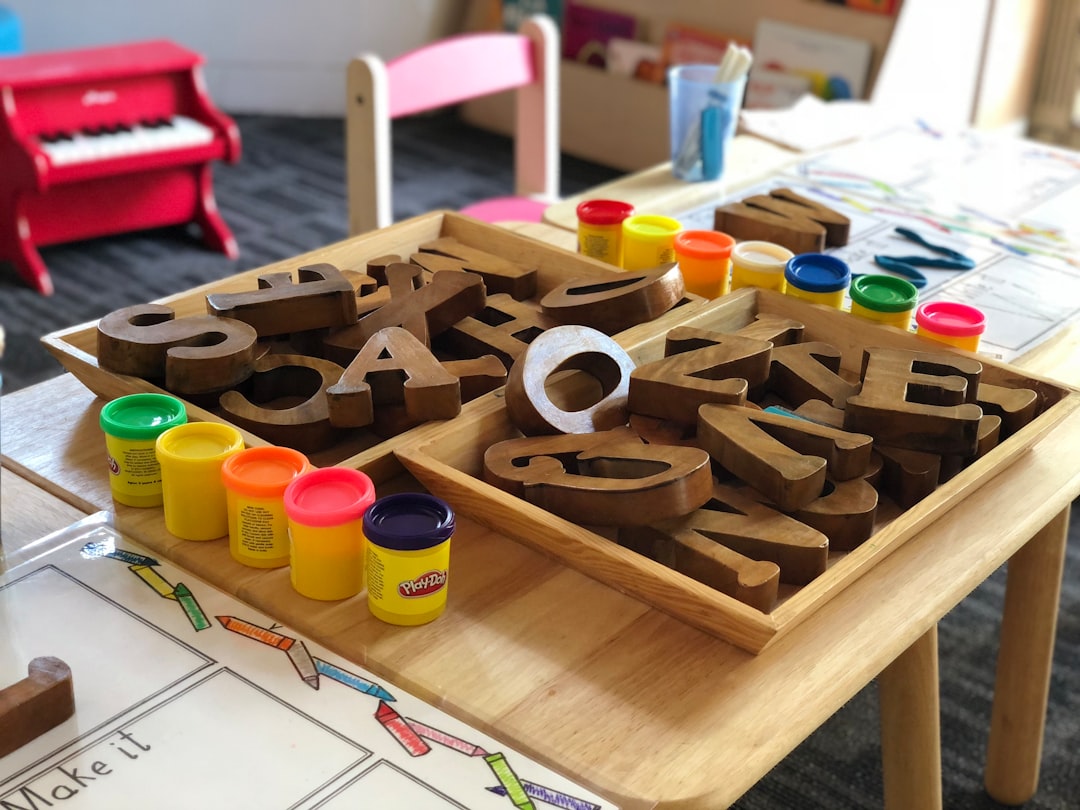In Colorado, ensuring your child’s safety at daycare is paramount. However, instances of abuse and neglect can go unnoticed, causing profound harm. Understanding common red flags is essential for parents. If you suspect your child has been a victim, a dedicated Colorado daycare abuse lawyer can provide crucial guidance and support. This article delves into the role of legal representation, the rights of victims and their families, and the steps to navigate justice, offering resources to help those affected by such incidents.
Understanding Daycare Abuse: Recognizing Red Flags
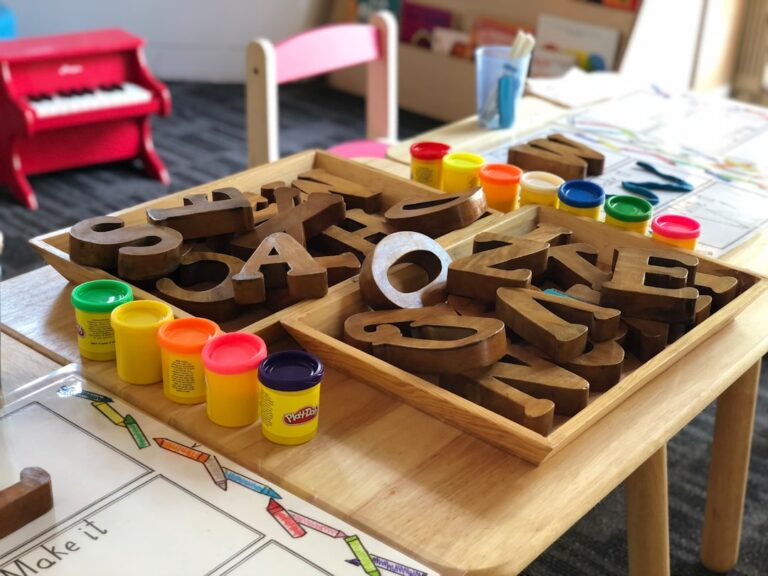
Daycare abuse can take many forms, from physical and emotional harm to neglect and inadequate care. Recognizing red flags is crucial for parents entrusting their children’s well-being to others. Some signs may include unexplained injuries, changes in behavior or appetite, or stories that contradict known routines. A daycare abuse lawyer in Colorado can help families navigate these complex issues and seek justice for the harm suffered.
Professionals like a Colorado daycare abuse lawyer are equipped to identify patterns of abuse and neglect, often hidden behind seemingly normal interactions. They work closely with victims’ families to gather evidence, consult experts, and ensure that legal rights are protected. Their expertise can make all the difference in securing accountability and delivering closure for those affected by this traumatic experience.
The Role of a Colorado Daycare Abuse Lawyer
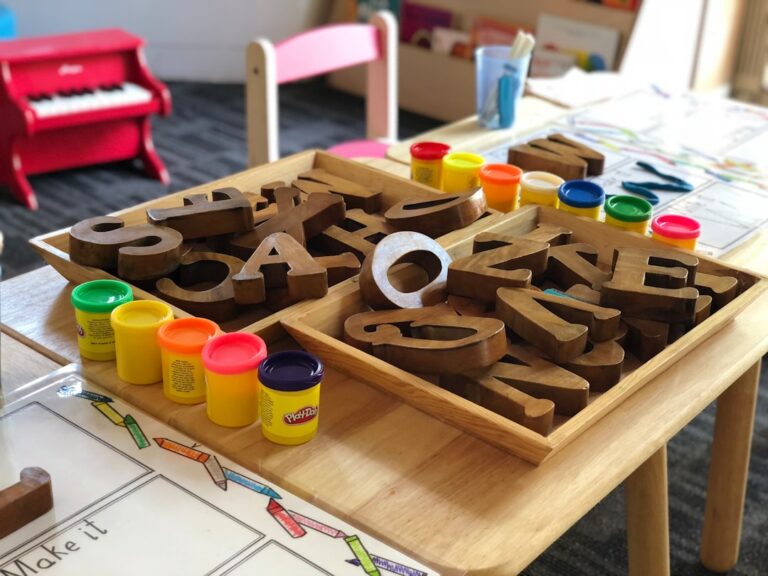
A Colorado daycare abuse lawyer plays a crucial role in advocating for victims and their families who have been affected by neglect or maltreatment within daycare centers. These legal professionals are equipped to handle complex cases involving young children, ensuring their rights are protected. They work closely with parents and guardians to gather evidence, conduct investigations, and build strong cases that can lead to justice and accountability.
Daycare abuse lawyers in Colorado are well-versed in the state’s laws and regulations pertaining to child care, allowing them to navigate the legal system effectively. They can represent families in civil lawsuits against negligent daycare operators, seeking compensation for physical and emotional injuries sustained by their children. Additionally, they may also assist in criminal prosecutions, ensuring that individuals responsible for abuse are held accountable under the law.
Supporting Victims: Legal Rights and Resources
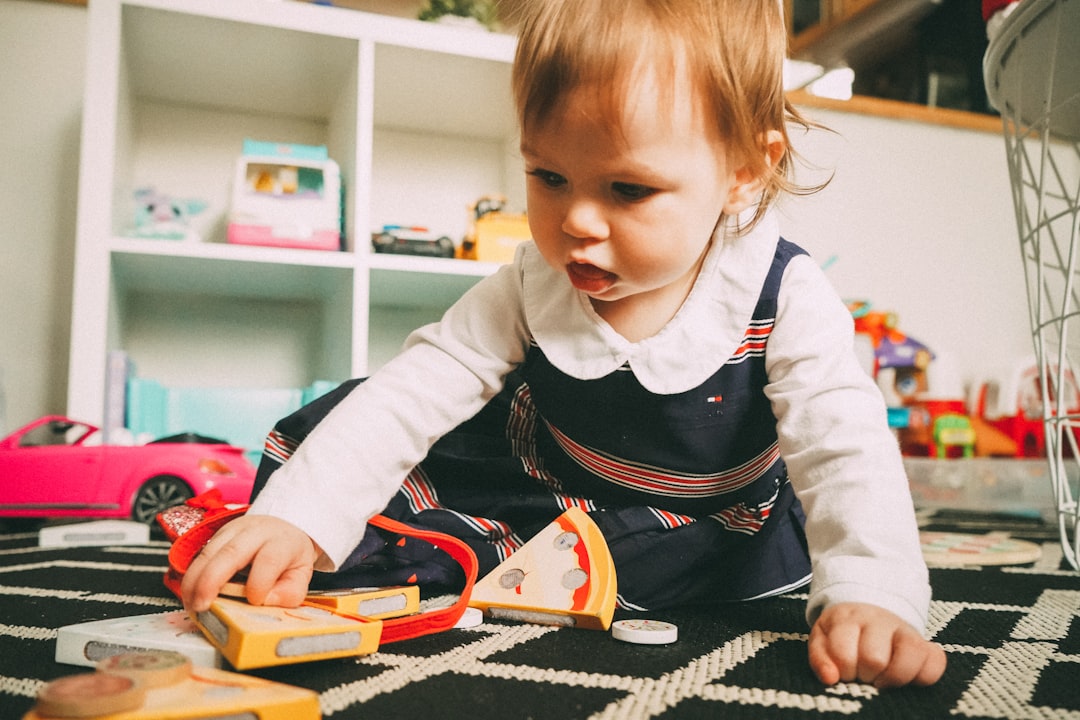
For families dealing with the aftermath of daycare abuse, finding support and understanding is crucial. A dedicated Colorado daycare abuse lawyer can be a vital resource, guiding victims through their legal rights and options. They help families navigate complex laws and regulations designed to protect children in care settings, ensuring that justice is pursued and the needs of affected children and their loved ones are met.
These legal professionals provide essential resources by explaining the legal process, connecting families with support groups and counseling services, and assisting in securing compensation for medical expenses, therapy, and other related costs. By leveraging their expertise and networks, they empower victims’ families to take control and heal from this traumatic experience.
Navigating Justice: Steps After an Incident
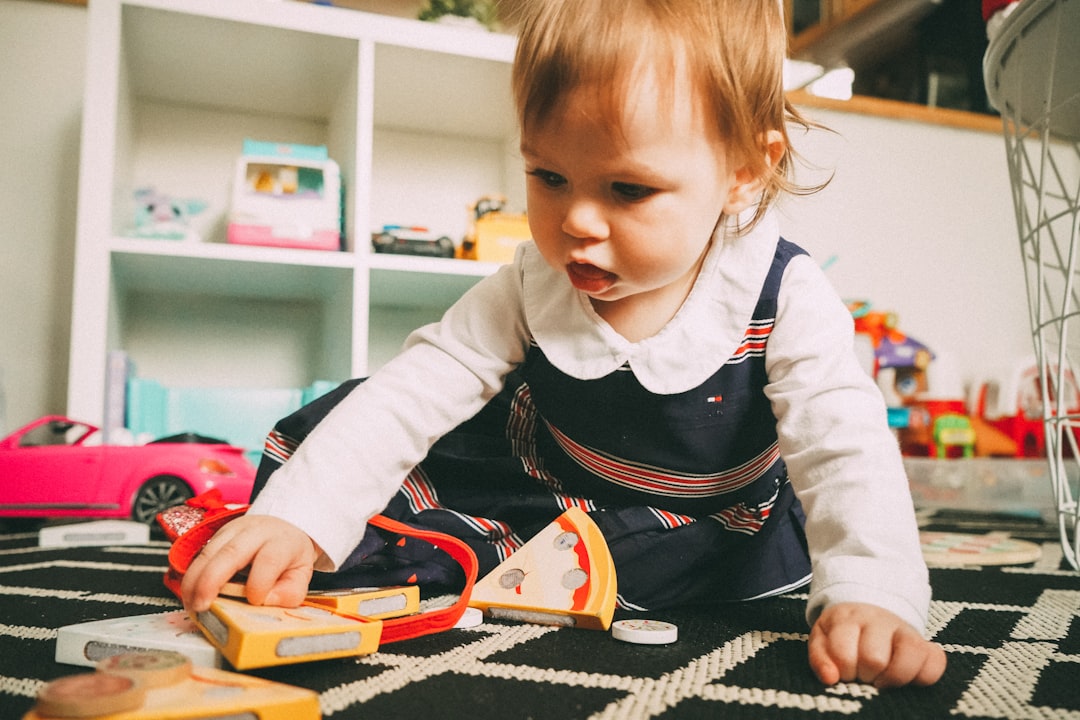
After a traumatic incident of daycare abuse, victims and their families must take swift action to ensure justice is served. The first step is to gather all the necessary information and evidence regarding the abuse. This includes documenting any injuries, taking photos, collecting witness statements, and keeping records of any communication with the daycare facility or authorities.
Next, it’s crucial to consult a dedicated Colorado daycare abuse lawyer who specializes in these cases. They can provide legal guidance, help navigate the complex justice system, and ensure that the rights of the victim and their family are protected. A skilled attorney will assist in building a strong case, negotiating with insurance companies or the daycare facility, and representing the victim in court if necessary.
